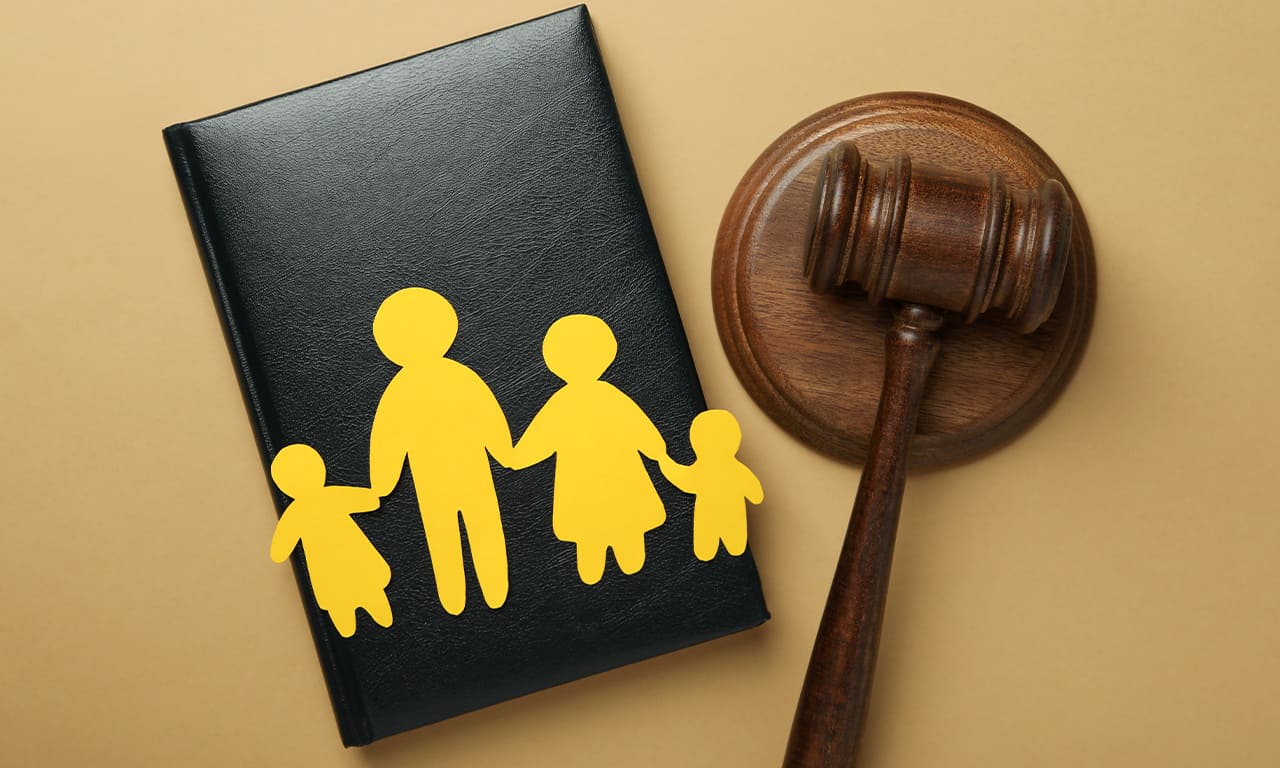Navigating Guardianships for Minors in New York: SCPA Article 17 and 17A
In the complex realm of guardianships for minors in New York, two statutory frameworks play a pivotal role: SCPA (Surrogate’s Court Procedure Act) Article 17 and 17A. We help you understand the critical distinctions between guardianships under these statutes and work with you to navigate the importance of timely securing guardianship, particularly for disabled children or minors about to inherit substantial assets.

Guardianships Under SCPA Article 17 and 17A: Key Differences
SCPA Article 17 governs guardianships for minors who inherit or stand to receive property, such as life insurance proceeds or legal settlements. These guardianships are established to safeguard the minor’s financial interests. In contrast, SCPA Article 17A is invoked when a minor has been deemed incapacitated and requires a guardian to make decisions concerning their personal and property matters. Herein lies the primary distinction: SCPA Article 17 pertains to the property, while Article 17A encompasses both personal and financial matters.
To further muddle the waters, SCPA Article 17 guardianship and MHL Article 81 guardianship represent distinct legal mechanisms in New York, each tailored to address specific situations. SCPA Article 17 primary standard revolves around the minor’s financial interests and whether a guardian is necessary to manage their property. In contrast, MHL Article 81 pertains to guardianships for adults who lack the capacity to make decisions concerning their personal and financial affairs. Here, the standard is far more complex, involving comprehensive evaluations of the individual’s mental and cognitive capacity. The legal process for SCPA Article 17 guardianship primarily centers on proving the minor’s interest in need of protection, while MHL Article 81 demands a rigorous examination of incapacity and the determination of the least restrictive guardianship possible. These differences in standards and legal processes reflect the distinct goals and complexities associated with each guardianship framework.
The Timeliness Imperative
One of the overarching lessons in guardianship law is the importance of timeliness. Parents and legal guardians must recognize the need for securing guardianships promptly, especially when minors are disabled or expect substantial property transfers. Failing to do so may expose the minor’s assets to risk and hinder the proper management of their affairs. To ensure the minor’s welfare and protect their rights, expert legal assistance is indispensable.
Complexities and Convolution in Guardianship Proceedings
We can help you with navigating guardianship proceedings in New York since it is a multifaceted endeavor rife with complexities. We take you all the way from the initial petition to the court to the establishment of guardianship and the subsequent annual accountings and reports. This process is laden with formalities and intricacies! Courts scrutinize these applications meticulously, ensuring that the minor’s interests are paramount. Consequently, parents and guardians must meticulously adhere to statutory requirements, present compelling evidence, and establish the need for guardianship beyond a reasonable doubt. Given the complex and convoluted nature of guardianship proceedings, securing the services of an experienced attorney is not just advisable; it is imperative. We are well-versed in New York guardianship law and we can guide parents and guardians through the intricate steps, from drafting and filing petitions to presenting a strong case in court. We will help ensure that the minor’s best interests are protected and that the guardianship is established in accordance with statutory requirements.
